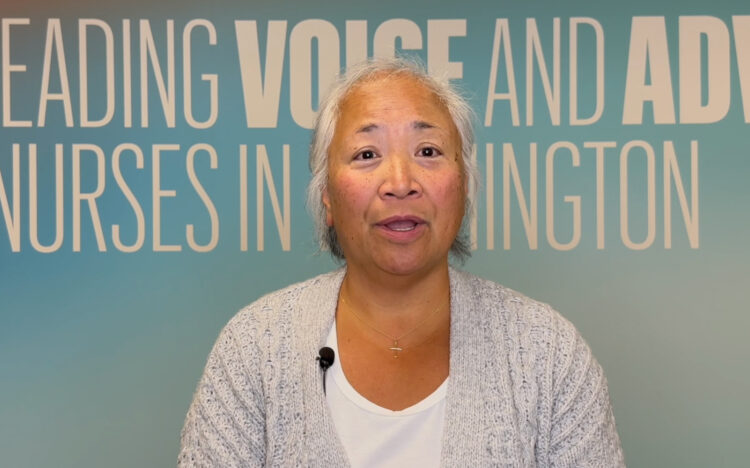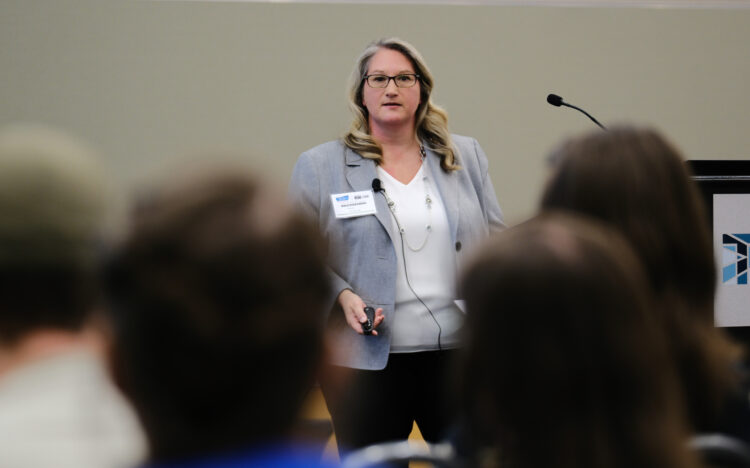
Workplace violence
Workplace violence is a major concern among healthcare workers as incidents are on the rise. Washington state has laws in place to address workplace violence in healthcare settings and these laws (RCW 49.19) were recently updated in 2019. Key updates include:
- Redefines “workplace violence” to be any physical assault or threat of physical assault against an employee of a health care setting on the property of the health care setting; and any physical assault or verbal threat of physical assault involving the use of a weapon, including a firearm, or a common object used as a weapon, regardless of whether the use of a weapon resulted in an injury.
- Workplace violence prevention training must occur within the first 90 days of hire and include de-escalation techniques with hands-on practice/role play strategies to prevent harm.
- The facility must have a workplace violence prevention plan in place to review workplace violence events and strategies to address security and safety. This plan is reviewed every three years by the safety/workplace violence committee.
These updates are important. The new definition of workplace violence includes verbal threats of violence, and verbal threats of violence with a firearm, other weapon, or any object that could be used as a weapon. Under this updated definition, workplace violence can occur even if no physical injury occurs. It is crucially important for nurses to have a thorough understanding of what workplace violence is, so that incidents can be accurately reported and addressed. Workplace violence is NEVER an acceptable part of being a nurse!
Resources
WSNA has 2 CNE modules in the Learning Management System that address workplace violence, titled "Workplace Violence: An Ounce of Prevention" and "Workplace Violence Prevention — Washington Requirements."
In addition, the Spring/Summer 2023 issue of The Washington Nurse magazine featured an article titled “Essentials of Healthcare Workplace Violence Prevention” which provides the opportunity to earn 1.0 CNE contact hours.



















